— Tim Breen, Ph.D., Head of School
Fieldwork is at the core of our commitment to Real World Learning – learning not just about the world, but directly from the world through first-hand experiences, and for the world by making a contribution. Work that Matters. When possible, our educators take the “usual” Watershed fieldwork even deeper through extended travel that is related to expedition courses. This spring, extended course travel is a part of the 11th and 12th grade experience, the 9th and 10th grade experience, and the 8th grade experience.
The 11th and 12th graders went to San Francisco as part of their China in the 21st Century course. This fieldwork was an integral part of their academic study of Chinese-American history. They spent a day with youth from the Chinatown Community Development Center for their monthly "Intergenerational Bonding" day, and did fun activities with senior citizens in Chinatown. They immersed themselves in the history of Chinese-American immigration, visiting with the Chinese Historical Society of America and spending a day on Angel Island (the historical immigration center). They also visited the Asian Art museum where students looked at the art of the various Chinese dynasties that they studied extensively at the beginning of the semester.
The 9th and 10th graders traveled to the Pine Ridge Reservation in South Dakota as an extension of the Indigenous Lives: Past & Present course. They learned from Lakota community members, and visited sites such as Wounded Knee and the Badlands, which hold significance in Indigenous history. They also participated in service work for Friends of the Lakota Nation, including installing flooring for a mobile home at the Youth Center and building fences at Gather our Children Home.
And, in mid-April, our 8th graders will head to Crow Canyon Archaeological Center in Cortez, CO for a few days as part of their History of Humans course. This fieldwork will provide students with hands-on opportunities to learn about the practice of archaeology, ancestral Puebloan culture, and how we interpret the past. Their work is directly connected to the essential questions of the History of Humans course: what makes us human? How do we interpret the past? The work will also connect with student learning on memory and identity in the Transformations of Thinking and Self course.
Fieldwork through extended course travel is a powerful example of our commitment to Real World Learning – to Work that Matters. Work like this helps students deepen their understanding of themselves, their communities, and the world beyond their circle of experience. They see the complexity of issues in the world and develop empathy for others. All of this is in service of preparing them to engage with the world’s great challenges. I am continually amazed by the dedication and talent of our educators and students.
This is at the core of the Watershed experience. As we say in our Strategic Vision:
In a world with complex, systemic problems, we must help young people become creative problem solvers with the passion and vision to solve the challenges of the future. In a world that is increasingly individualistic, we must help young people learn to work toward the common good, making real contributions to the world around them by doing work that matters. In a world too often defined by discord, we must help our students listen, learn, and lead across differences. And in a world with too much cynicism, we must help young people build hope.




